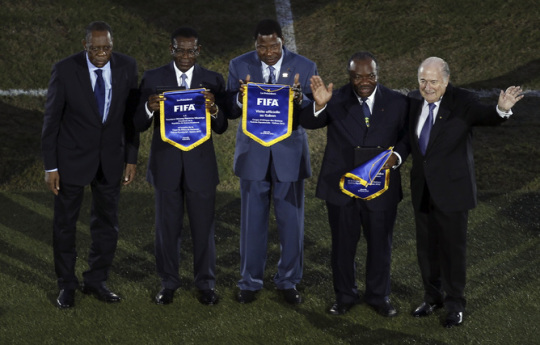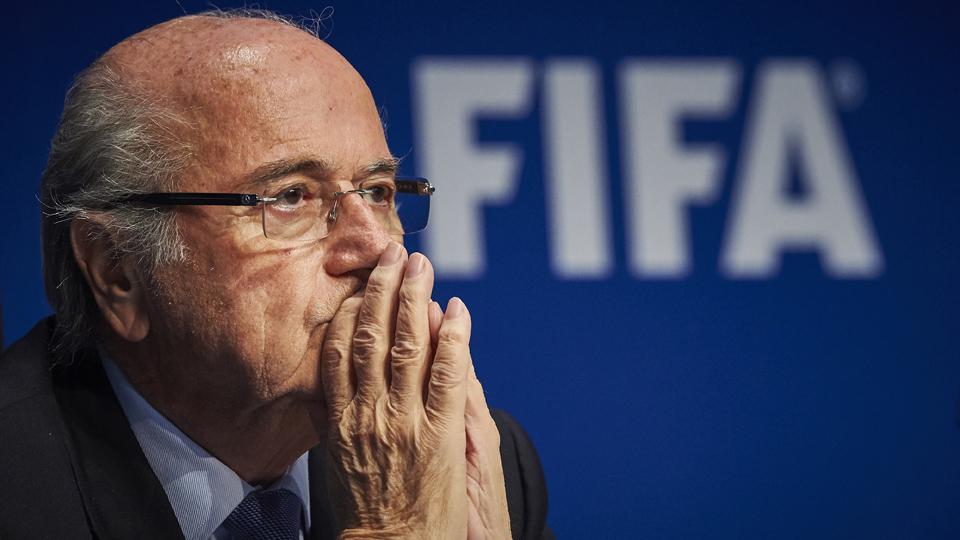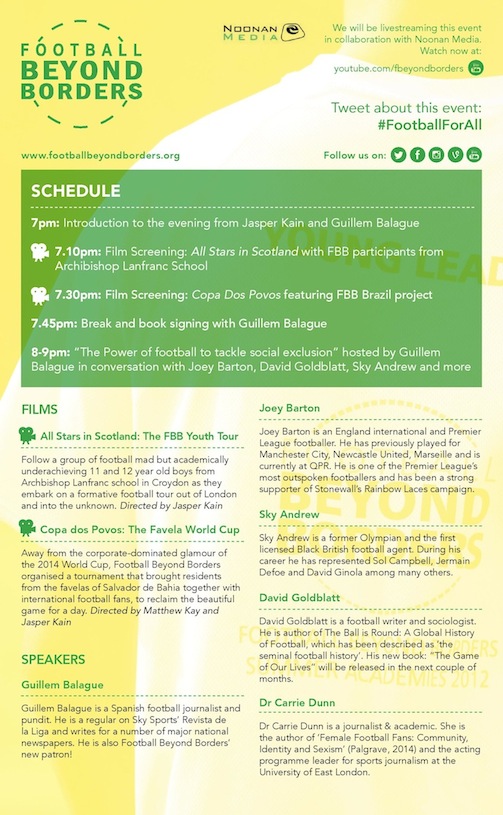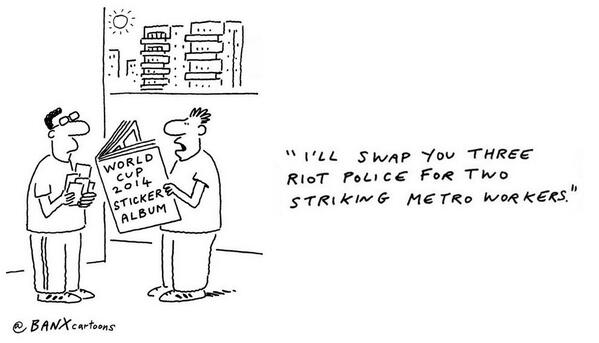Prior to this year’s FIFA World Cup, which France won last night in Moscow by defeating Croatia 4-2 in the final, I had never experienced a World Cup without my Italy.
To make matters worse, my secondary teams, USA and South Africa, also did not qualify. What would it be like to follow the most popular global cultural event as a discerning neutral observer?
Early on, the six-goal draw between Spain-Portugal, most memorable because of Cristiano Ronaldo’s hat-trick, and Mexico’s stunning 1-0 upset of Germany jolted me into pretending I was engaged in the tournament. Fox’s insipid coverage in the U.S. did little to heighten my enthusiasm. Nothing changed when I landed in Italy for the remainder of the group stage.
Italians were detached from the World Cup. Media coverage and everyday conversations were more in tune with the Serie A transfer market as well as Scuderia Ferrari’s surging fortunes in Formula 1. From the Umbrian hills to the Lazio coast, tourists and foreigners were usually the only ones I saw glued to the prime-time matches on TVs set up in piazzas and cafés.
The emotional outbursts of a group of vacationing Swedes at an eatery near our house during their rollercoaster match against Germany anticipated by thirty seconds the iPad livestream at our dinner table. That’s how we knew that the 10-man Germans had somehow won before Toni Kroos actually curled that wonderful 95th-minute free kick into the top corner [watch it here].
Senegal—the strongest African team together with Nigeria—came closest to getting me involved on a deeper level. In the build up to Senegal-Colombia, a match the West Africans needed at least to draw to qualify for the knockout stage, I was quoted in a New York Times front-page story about Senegal Coach Aliou Cissé—the lowest paid coach in the World Cup [click here for full article]. I watched that crucial game with two Senegalese street vendors at a beach establishment. When the Video Assistant Referee (the infamous VAR!) reversed a penalty that the referee had initially awarded Senegal, one of the lads calmly turned to me and said in nearly perfect Italian: “That’s no problem because God is on our side.” I did not have the courage to ask him if he still felt that way after Colombia’s late goal eliminated Senegal.
As it turned out, none of the five African teams made it to the second round—a disheartening outcome that I analyzed with Assumpta Oturu, host of KPFK’s “Spotlight Africa” program. We also discussed what changes may help African nations produce better results at future World Cups [listen here (27:08-34:42)].
The single-elimination round of 16 coincided with my return to Fox TV-land. Matches were shown in the late morning and early afternoon, but that was hardly a problem since teaching my global soccer online course absolutely required keeping a close tab on the competition. (Hard life, I know.)
By this time, the only thing mitigating my growing disinterest in Russia 2018 was the presence of so many players of African and Caribbean origin in the France, Belgium, and England squads. Arguably the most acutely insightful writing on World Cup soccer, race, immigration, and national identities appeared on the Africa Is A Country website [here and here] and in an Al Jazeera piece by David Goldblatt [here].
The day before the final I returned to the intersection of sports, culture, and politics in a Voice of America story. On Sunday, as the curtain fell on French celebrations at the Luzhniki Stadium, I headed to my campus office for a live interview with China Global Television Network (see video above) to wrap up my first, and hopefully last, World Cup as a neutral observer.
Tag: World Cup
Two weeks before the FIFA election to select Sepp Blatter’s successor as president, the Football Scholars Forum, an international group based at Michigan State University, discussed The Ugly Game: The Corruption of FIFA and the Qatari Plot to Buy the World Cup by Heidi Blake and Jonathan Calvert.
Qatar’s successful 2022 World Cup bid and the role of the now-disgraced ex-FIFA ExCo member Mohamed Bin Hammam came under close scrutiny. The authors’ reliance on leaked FIFA electronic files called attention to the challenges and opportunities for scholars working with “big data.” There was discussion about discourses of Western bias and even racism against Africans and Asians (especially Arabs) that are sometimes perceived to be embedded in corruption allegations. Another topic tackled during the event was the intriguing question of whether there should be a universal standard of human rights required for nations to host the World Cup.
The session closed with important contributions related to the upcoming FIFA presidential ballot. Will Sheikh Salman or Gianni Infantino win? And what kinds of reforms might the new leadership deliver? What is the likelihood that any changes introduced will meaningfully transform the structure and governance of the much-maligned world body? In a climate plagued by corruption and cynicism, is there any hope for a better future?
An audio recording of the session is available here.
For more information about the Football Scholars Forum, visit footballscholars.org.

On Tuesday, June 2, Sepp Blatter announced his intention to resign as FIFA president just four days after winning reelection to a fifth term — an electoral victory that simply could not have happened without the support of FIFA’s African members.
According to unofficial calculations, the 133 votes secretly cast for Blatter came from Africa (53), Asia (46), and North America (minus the United States) and the Caribbean (34).
Why did Africans unanimously support the leader of a troubled, even loathed, organization which two days earlier witnessed the arrest of seven of its executives in Zurich on US bribery and corruption charges?
As an academic who has been researching, publishing and teaching the history and culture of African football for two decades, I want to offer a possible answer to this challenging question.
Read full text here at The Conversation.
Blatteropoly: The ESPN Documentary

Exquisitely timed for release just ahead of the May 29th FIFA presidential election, ESPN aired an excellent E60 documentary on Sepp Blatter’s governance of world football.
Jeremy Schaap’s piercing investigation deftly uses on-camera interviews with whistleblower Phaedra Almajid, ex-FIFA men like Guido Tognoni, Swiss government officials, and others to probe the murky bid process that granted Qatar hosting rights to the 2022 World Cup. The story digs vigorously into a culture of corruption, fear, intimidation, patronage, and politricks within football’s world body.
Watch the entire show by clicking on each link below:
Part 1: Blatter’s power and Qatar’s World Cup
Part 2: Beginnings of the legend of Blatter
Part 3: Controversy surrounds Blatter’s reign at FIFA
Part 4: Criticism in the UK
Part 5: Challenging Blatter’s power
As an after-viewing treat, I would highly recommend listening to this interview by Sports Illustrated’s Grant Wahl with Jeremy Schaap about making the documentary, lessons learned, and a lot more.
And if you still haven’t had enough, then go ahead and enjoy Last Week Tonight‘s John Oliver lambast the most powerful man in sports! (click here to watch).
 On Thursday, October 23, Football Beyond Borders, a London-based non-profit organization, is hosting a panel discussion on the power of football to combat social exclusion. It features author, journalist and tv pundit Guillem Balague, award-winning writer David Goldblatt, Premier leaguer Joey Barton, sports agent Sky Andrew, and other special guests. The event is part of the FARE network #FootballPeople action weeks.
On Thursday, October 23, Football Beyond Borders, a London-based non-profit organization, is hosting a panel discussion on the power of football to combat social exclusion. It features author, journalist and tv pundit Guillem Balague, award-winning writer David Goldblatt, Premier leaguer Joey Barton, sports agent Sky Andrew, and other special guests. The event is part of the FARE network #FootballPeople action weeks.
Two new documentaries about Football Beyond Borders’ work in the UK and Brazil will also be premiered. Copa dos Povos is about the international Favela World Cup that took place in Brazil in the summer; and All Stars in Scotland: FBB Youth Tour, which follows the first ever FBB school tour to Scotland.
The event is at Amnesty International’s East London HQ from 7pm until 10pm, with food and drinks available. Tickets are sold out but you can watch a livestream of the event on the FBB YouTube channel.
Brazil 2014: World Cup Politics
The day before the magic kingdom opens in São Paulo, WKAR’s “Current State” host Mark Bashore interviewed me about the politics of the World Cup. We discussed FIFA profits and institutional reform, special World Cup laws and extraterritoriality, nation-building, development, civic protests, and what the future holds for Brazil, on and off the pitch. Originally broadcast live on June 11, 2014. Take a listen!

I was recently interviewed by BBC Brasil‘s João Fellet and asked to compare the hosting of the 2010 World Cup in South Africa with the preparations for the 2014 World Cup in Brazil. Below is the Portuguese text of what transpired [translate] and a link to read the full article.
15 May 2014
BBC Brasil – Quatro anos depois da Copa de 2010, o que ficou do torneio para os sul-africanos?
Peter Alegi – Há um tipo de nostalgia por aquele período, por aquela sensação de unidade, solidariedade, de estar no centro do mundo. Os estrangeiros que foram para a Copa perceberam que os estereótipos negativos sobre a África do Sul não eram verdadeiros, e isso ainda faz o país se sentir bem. As emoções de um carnaval como a Copa são difíceis de bater.
BBC Brasil – Houve outros legados?
Alegi – O legado emocional foi importante de diferentes maneiras. Ele fez as pessoas sentirem um senso de unidade num país ainda muito dividido quanto a raças, classes e gêneros. Nos estádios sul-africanos, as pessoas cantam o hino abraçadas ou de mãos dadas, como nas igrejas. Num país onde o povo não tem muitas oportunidades de estar junto, a mágica do nacionalismo explodiu de uma maneira positiva.
Isso aconteceu só 16 anos após o apartheid. Sediar um evento bem sucedido fez com que os sul-africanos se sentissem muito orgulhosos.
O torneio também despertou sentimentos de panafricanismo. Por um ou dois meses, os sul-africanos se sentiram parte do continente africano. Isso foi encorajador, levando em conta os problemas do país com a xenofobia.

To read full article click here.